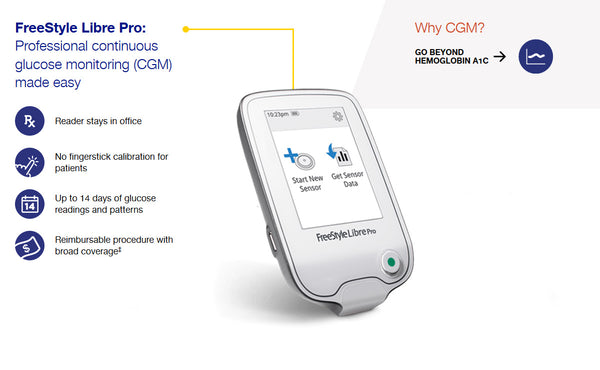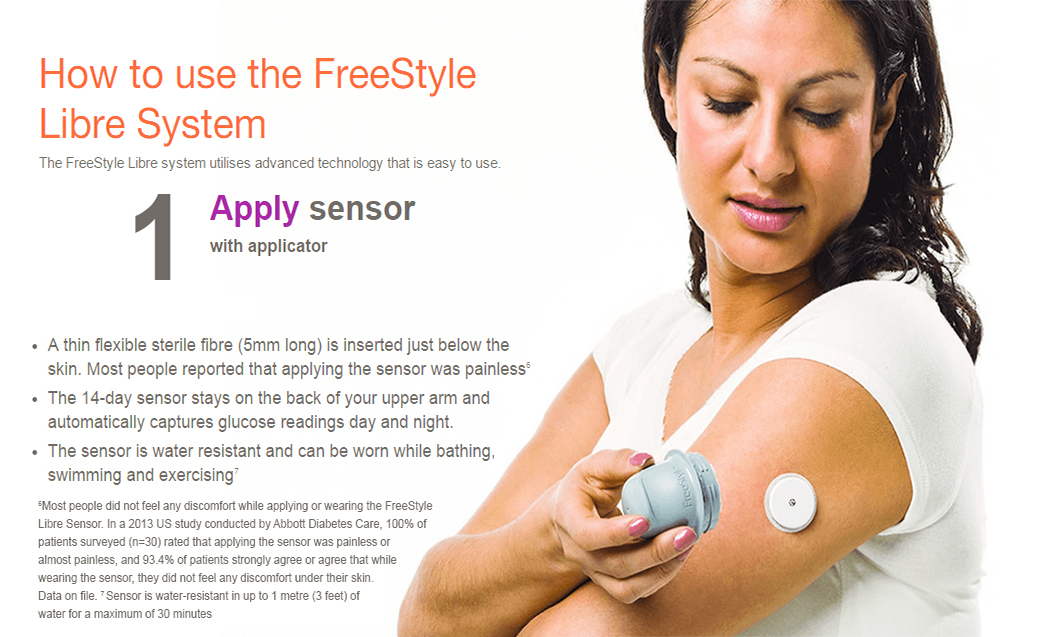


If people are having skin reactions, they should consult with their healthcare professional or pharmacist in order to get advice on the measures they should take for the performance of their device to not be affected. People with diabetes who use flash should be aware that, as per recent reports, using barrier creams or sprays could affect the performance of their glucose monitoring sensors. Libby Dowling, Senior Clinical Advisor at Diabetes UK, said: We continue to encourage people to report any issues involving medical devices to us via our Yellow Card Scheme. If you experience skin irritation after applying the sensor of your flash glucose monitoring system you should speak with your doctor, pharmacist or diabetes management team. It is important people can rely on their medical devices. John Wilkinson, MHRA Director of Devices, said: The same actions should be taken if users experience similar symptoms with a different brand of continuous glucose monitoring system. This problem may not be unique to the Abbott FreeStyle Libre sensor adhesive. The manufacturer, Abbott, has confirmed they have revised the formulation of the adhesive, which will be available to customers in the UK from April 2019. They can advise on possible alternative glucose monitoring systems. If you notice redness, itching or blistering, seek guidance from a healthcare professional on continuing the use of the device. This is not advised as it may affect the performance of the device. Users may have been applying creams, sprays or patches under their sensor to reduce symptoms of skin reactions caused by the sensor adhesive. The Medicines and Healthcare products Regulatory Agency (MHRA) is aware some users of the FreeStyle Libre flash glucose monitoring system are experiencing skin reactions to the sensor adhesive.


 0 kommentar(er)
0 kommentar(er)
